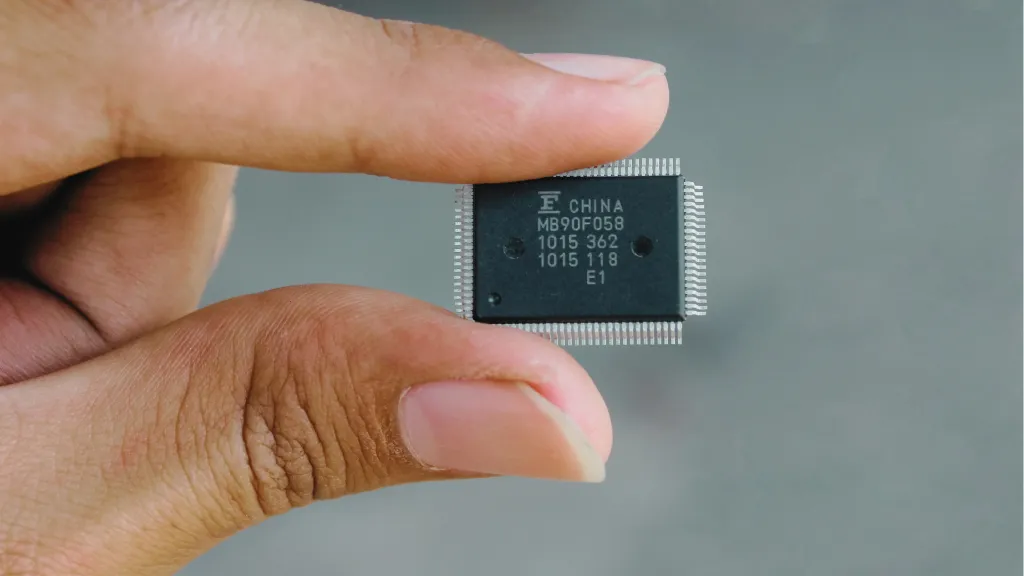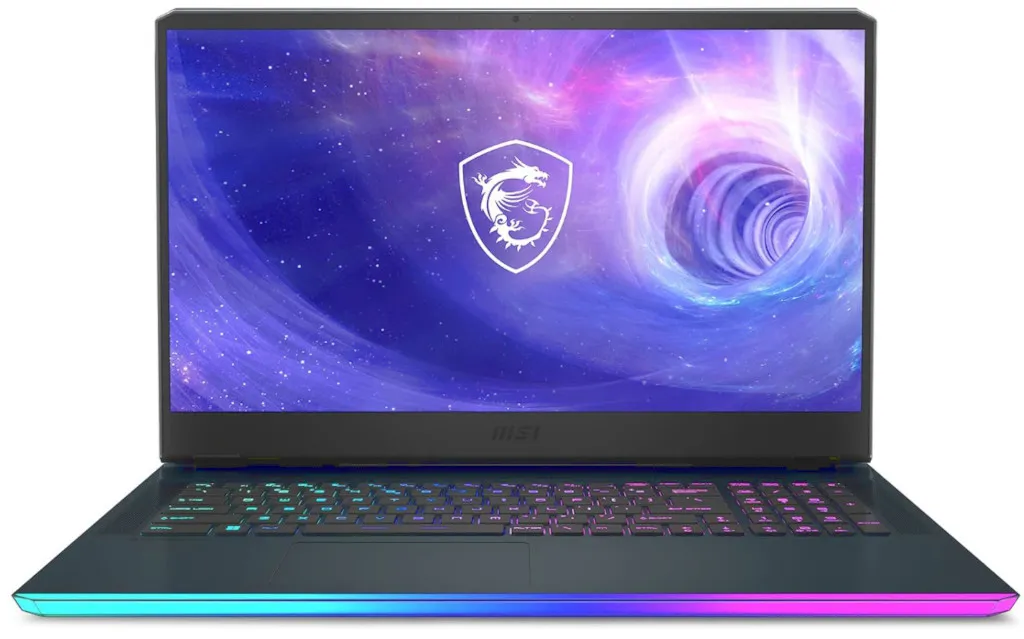Have you ever needed to download a large file from the internet, such as a movie, game, or software, but didn’t know which method to use? There are various ways to download files online, but two of the most popular methods are Magnet and Torrent.
If you’re like me, you’ve probably heard of these terms before but may not know what they mean or how they differ.
In this article, I’ll explain the differences between Magnet and Torrent and help you decide which method is best for you. Whether you’re a seasoned downloader or new to the game, it’s important to understand the pros and cons of each technique to ensure a successful and efficient downloading experience.
So, let’s dive in and explore the world of Magnet and Torrent downloads.
What is a Magnet Link?
A Magnet link is a type of hyperlink used to download files from the internet. Instead of downloading a file directly from a server, a Magnet link uses a peer-to-peer (P2P) network to connect you to other users with the file you’re looking for.
How do Magnet links work?
When you click on a Magnet link, your torrent client (such as uTorrent or BitTorrent) uses the link to connect to other users sharing the same file. The torrent client then downloads the file in small pieces from multiple users simultaneously, which helps to speed up the downloading process.
One of the advantages of using Magnet links is that they are easy to use and don’t require a separate file to be downloaded. You click the Magnet link, and your torrent client does the rest. However, one potential disadvantage is that not all torrent clients support Magnet links, so checking if your client is compatible before using this method is important.
Overall, Magnet links can be a convenient way to download files, especially for smaller downloads or people new to downloading files with torrents. But, as we’ll see later, there are some situations where a Torrent may be a better choice.
What is a Torrent?
A Torrent is a file that contains information about a larger file or collection of files, such as a movie or album. This information includes the file name, size, and location of the file(s) on the internet.
When you download a Torrent file, your torrent client uses the information to connect to other users downloading or sharing the same file(s). This creates a peer-to-peer network where users share a small piece of the file(s) with others. As you download more pieces of the file, your client combines them to create the complete file(s).
One of the advantages of using Torrents is that they can be faster and more efficient than other methods of downloading files. Since you’re downloading small pieces of the file from multiple users simultaneously, you can often achieve higher download speeds and faster completion times.
Additionally, Torrents are often used to share large files that might be difficult or slow to download from a single server.
However, one potential disadvantage of Torrents is that they can be more complex than other methods. You need to find a reliable Torrent website or tracker, download the Torrent file, and use a compatible client to download the actual file(s). Additionally, Torrents can pose legal risks if you download copyrighted material without permission.
Overall, Torrents can be a powerful tool for downloading large files quickly and efficiently, but they require more knowledge and effort.
Difference Between Magnet and Torrent
So now that we’ve talked about Magnet links and Torrents let’s compare them and see how they differ.
Downloading Speed
Regarding download speeds, Torrents tend to be faster and more efficient than Magnet links, especially for larger files. This is because Torrents allow you to download small pieces of a file from multiple users simultaneously, which can greatly increase your download speed.
Magnet links may be slower for larger files since they rely on a P2P network to download the file in small pieces.
File Size Limit
Another difference between Magnet links and Torrents is the file size limit. Magnet links are often used for smaller files, such as music tracks or individual episodes of a TV show. Conversely, torrents are better suited for larger files, such as movies or entire albums.
Security and Privacy
When it comes to security and privacy, both Magnet links and Torrents have their pros and cons. Magnet links may be more secure since they don’t require downloading a separate Torrent file, which can sometimes contain malicious content. However, since Magnet links use a P2P network, your IP address may be exposed to other users downloading the same file.
Torrents, on the other hand, may be less secure since they require you to download a separate Torrent file, but they also offer more privacy since you can use a VPN to hide your IP address.
Ease of Use
Magnet links are generally easier and more convenient for ease of use since you don’t need to download a separate Torrent file. You click the Magnet link, and your client does the rest.
Torrents can be a bit more complicated since you need to find a reliable Torrent website or tracker, download the Torrent file, and use a compatible client to download the actual file(s).
Availability of Content
Finally, content availability may also differ between Magnet links and Torrents. Magnet links are often used for more obscure or niche content, while Torrents may be better for more popular or mainstream content.
Overall, Magnet links and Torrents have advantages and disadvantages, and the choice between them ultimately depends on your specific needs and preferences.
Magnet vs. Torrent: Which One Should You Use?
Now that we’ve discussed the differences between Magnet links and Torrents, you might wonder which one you should use. As with many things in life, the answer is that it depends.
If you’re looking to download smaller files or want a more convenient and user-friendly option, Magnet links might be the better choice for you. They’re easy to use and can be a great way to download music tracks or individual TV show episodes quickly.
On the other hand, if you’re looking to download larger files or want faster download speeds, Torrents are probably the way to go. They can be a bit more complicated, but they offer the advantage of downloading small pieces of a file from multiple users simultaneously, which can greatly increase your download speed.
It’s also worth noting that content availability may differ between Magnet links and Torrents. If you’re looking for more obscure or niche content, Magnet links may be your best bet. However, if you’re looking for more popular or mainstream content, Torrents may have more options.
Lastly, being mindful of the legal implications of downloading files using either method is important. While both Magnet links and Torrents can be used to download legal content, they can also be used to download copyrighted material without permission, which can result in legal consequences.
Ultimately, the choice between Magnet links and Torrents depends on your needs and preferences. Whichever method you choose, be sure to use it responsibly and within the bounds of the law.
Conclusion
So there you have it, a breakdown of the differences between Magnet links and Torrents. While both methods have pros and cons, the choice ultimately depends on your needs and preferences.
Whether you opt for Magnet links or Torrents, it’s important to use them responsibly and within the bounds of the law. Both methods can be used to download legal content, but they can also be used to download copyrighted material without permission, resulting in legal consequences.
If you’re new to downloading files using Magnet links or Torrents, it’s always a good idea to research and ensure you’re using a reliable and safe client. Additionally, use a VPN to protect your privacy and security when downloading files using either method.
Ultimately, whether you choose Magnet links or Torrents, the most important thing is to enjoy the content you’re downloading responsibly and ethically.







